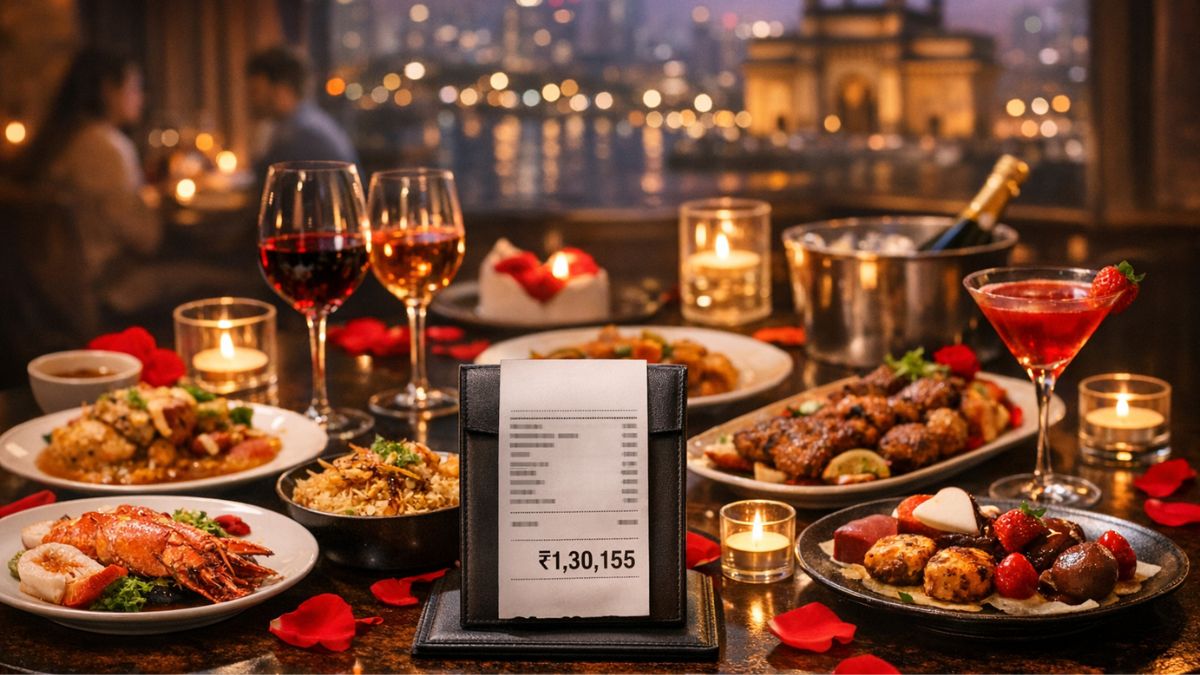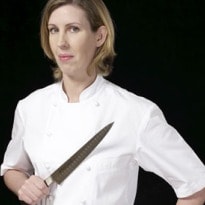Clare Smyth, Britain's first female chef to hold three Michelin stars, explains what it's like to work 16 hours a day in a testosterone-fueled environment.
Clare Smyth is the head chef at Restaurant Gordon Ramsay. She is the first British female chef to run a restaurant with three Michelin stars.
I believe that if you're going to do something, then you do it all the way. You don't quit halfway through because it's too hard to get there. Anywhere worth going is always going to be difficult.
I've always had that focus. From the age of 15, I knew I wanted to be a top chef. When I first took over as head chef, I felt like I was destined to do it, because I'd worked so hard for it. I felt like there was nothing stopping me.
But in the beginning, when I started at Gordon Ramsay in my early 20s, there hadn't been too many women that had come through the kitchen and done well. The guys rolled their eyes and said, "She'll be gone in a week." I was determined to get on with it, put my head down and show people I was capable. But I was petrified too.
In some ways, I was overdriven - I didn't want people to turn around and say "Ah, she couldn't cope because she's a woman." Any young chef is desperate to prove themselves; I was as well, but I put myself under that added pressure to prove myself because I'm a woman too.
I've been in this role for five years now, and I don't have to worry about that anymore.
Another woman started on my team two weeks ago. She's the first girl we've had in a long time and I have high hopes for her. Whenever a woman comes in the kitchen, I'll try to take them to one side and say, "Just talk to me if there's a problem."
Restaurant kitchens are testosterone-driven. It's a tough world; the hours are bad and the conditions are harsh. But the atmosphere changes when there's a girl in the kitchen - it's nicer. The guys talk more softly, snap less and speak with a bit more respect. Having a woman in the kitchen makes the men think about how to behave. And they should think about it - they should be gentleman all the time, and I've told them that.
Working in a restaurant with three Michelin stars means you can't afford to get complacent. You can't ever have a bad day. Every plate that leaves this kitchen has to be absolutely perfect. There are expectations, and the pressure builds up. In the kitchen, I wear my heart on my sleeve. If things go wrong, we all feel it and we say it as it is - but it's never personal. It's always about the food.
Did I make sacrifices to get here? Yes and no ... you spend so many years trying to get to the top, and when you get there, you're at the age you'd want to be having a family. In a normal job, you can put your kids in daycare and go to work nine to five during the day. But as a chef, you often work every night, every weekend, and it's just not suitable - unless you get to a point where you can have a nanny. There's lots to think about.
My restaurant is closed on weekends, so I spend time with my partner then, and that gives me a bit of work-life balance. When I'm at home, I like cooking simple, homely food - big Sunday roasts with everyone round the table. I also end up eating out a lot because I like being on the other side as a customer. I like the hustle and bustle of being in a restaurant.
My partner isn't in the restaurant business, but he totally gets that I have to work long hours. And that I want to work long hours. Most nights I finish at midnight, and I'm back by 8.30 in the morning. I don't really get tired - I'm just so used to it, it's part and parcel of my life.
Interview by Huma Qureshi, The Guardian
Clare Smyth: 'In the kitchen, I wear my heart on my sleeve.' Photograph: Suki Dhanda for the Guardian






